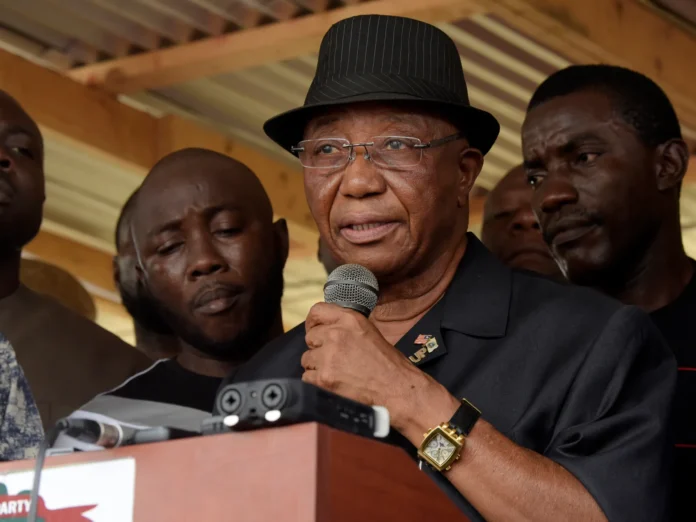In the wake of Joseph Nyuma Boakai’s ascent to Liberia’s presidency, the nation stands at a crossroads, teeming with both promise and challenge. President Boakai’s victory, marked by pledges to confront the twin scourges of poverty and corruption, has ignited a sense of cautious optimism among Liberians. This article delves into the potential ramifications of his presidency for Liberia’s trajectory, particularly in light of his commitments to catalyze transformative change.
A Legacy of Struggle and Service
Joseph Nyuma Boakai’s journey to the presidency is a testament to his resilience and dedication. Rising from humble beginnings, Boakai’s early life was characterized by hardship and perseverance. His personal narrative resonates with many Liberians, offering a glimmer of hope that he truly understands the plight of the impoverished and the marginalized.
Promises to Tackle Poverty
Poverty in Liberia is pervasive, with a significant portion of the population subsisting on less than $2.15 a day2. President Boakai has vowed to address this dire situation by fostering economic growth and ensuring equitable distribution of resources. His administration’s focus on empowering local farmers and bolstering the agricultural sector is anticipated to be a cornerstone of his poverty alleviation strategy.
A Firm Stance Against Corruption
Corruption has long been a bane of progress in Liberia. President Boakai’s election campaign was anchored on the promise of eradicating corrupt practices and instituting a culture of transparency and accountability within the government. His immediate actions upon taking office, including asset declaration and the initiation of audits, signal a firm commitment to this cause.
Challenges Ahead
Despite the optimism, President Boakai faces an uphill battle. The legacy of corruption is deeply entrenched, and public patience is wearing thin amid escalating living costs and economic hardship. The president’s age and the generational gap with much of the electorate also pose unique challenges as he seeks to bridge traditional governance with modern expectations.
Conclusion
As President Boakai embarks on his tenure, the eyes of the nation and the international community are fixed on Liberia. Will his presidency herald a new dawn of prosperity and integrity, or will it succumb to the entrenched patterns of the past? Only time will tell, but the initial steps taken by President Boakai offer a beacon of hope for a country yearning for change and a brighter future.







